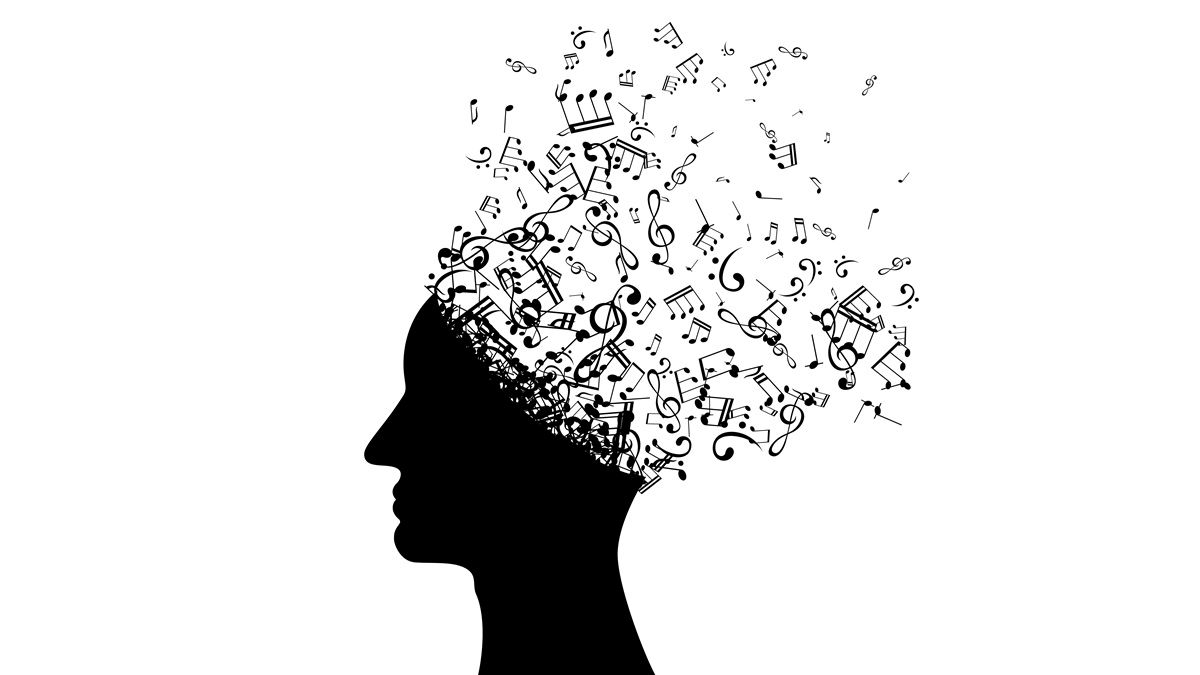Time: 2024-08-10
Classical music has long been recognized for its ability to influence mood . A recent study published in Cell Reports by Chinese scientists delved into how Western classical music can have positive effects on the brain , particularly in individuals with treatment - resistant depression . Led by senior author Bomin Sun , director of the Center for Functional Neurosurgery at Shanghai Jiao Tong University , the research aimed to explore the interaction between music and emotion in the context of neuroscience , psychiatry , and neurosurgery.

The study focused on 13 patients with treatment - resistant depression who had electrodes implanted in specific brain regions for deep - brain stimulation . These implants targeted the BNST - NAc circuit , connecting the bed nucleus of the stria terminalis ( BNST ) and the nucleus accumbens ( NAc ) . By monitoring neural oscillations in response to Western classical music , the researchers discovered that music synchronizes brain activity between the auditory cortex and the rewards circuit , leading to positive effects on depression.
Patients were divided into groups based on their music appreciation levels , with those in the high appreciation group showing more significant neural synchronization and better antidepressant effects . The findings suggest that personalized Music therapy plans , tailored to individual preferences , could enhance treatment outcomes for individuals with depression . For instance , introducing theta frequency noise into music improved the enjoyment of those with low music appreciation.
Moving forward , the research team plans to explore how music interacts with deep brain structures in depressive disorders . They also aim to incorporate other sensory stimuli , such as visual images , to investigate the combined therapeutic effects of multi - sensory stimulation on depression . By collaborating across disciplines , including clinicians , music therapists , and engineers , the team hopes to develop digital health products like smartphone applications and wearable devices that integrate personalized music recommendations and real - time emotional monitoring for managing emotions in daily life.
In conclusion , the study highlights the potential of classical music as a complementary tool in the treatment of depression , offering new insights into the mechanisms through which music can impact the brain and emotions . By leveraging these findings , researchers aim to enhance the development of innovative music therapy interventions for individuals with treatment - resistant depression , ultimately improving mental health outcomes.